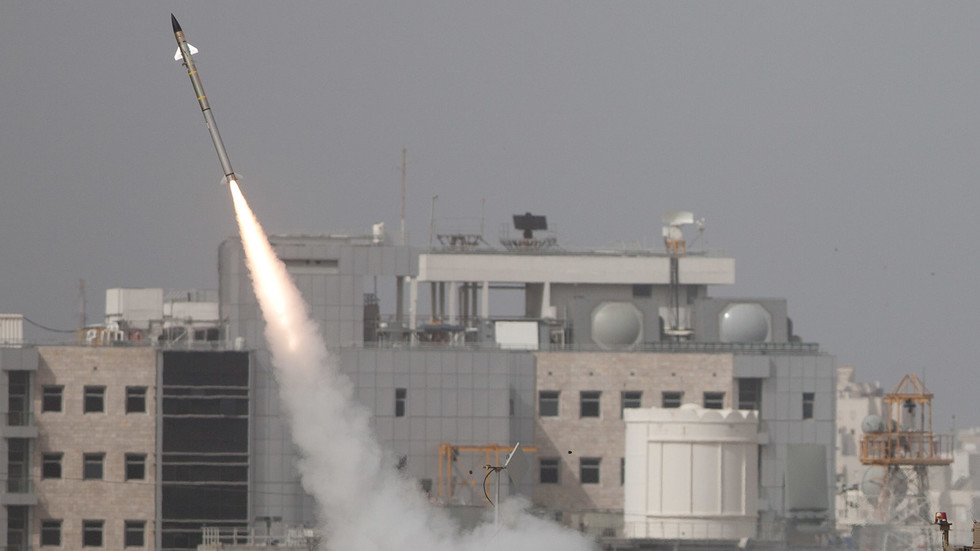The ongoing tensions between Israel and Iran have escalated significantly, with recent events leading Brussels and Washington to express concerns about their inability to influence the situation. Reports suggest that EU diplomats are increasingly anxious over Israel’s potential military actions against Iran, particularly regarding its oil and nuclear infrastructure. Following Iran’s aggressive missile strikes against Israel in retaliation for the Israeli incursion into Lebanon and the targeting of key figures in Hezbollah and Hamas, Israel has vowed to respond decisively. This situation has created a precarious balance in an already volatile region, raising apprehensions amongst European officials who feel powerless amid the escalating conflict.
Despite ongoing diplomatic efforts by the US and EU urging restraint from both parties, there are growing fears that Western influence over Israel is waning. A senior European diplomat expressed frustration at the limited ability of Brussels to persuade Israel not to attack Iran’s critical infrastructures. In reaction to the Iranian missile strikes, Israeli Prime Minister Benjamin Netanyahu has asserted that Iran made a “big mistake” and promised retaliation “wherever, whenever and however.” These statements signal a hawkish stance from Israel, which complicates the diplomatic landscape further and exacerbates concerns among European leaders who are watching closely.
As the situation develops, President Joe Biden reportedly feels increasing exasperation at his limited capacity to direct Israeli military actions. According to insiders, conversations between Biden and Netanyahu have deteriorated into confrontational exchanges, emphasizing the strained relationship amidst rising bloodshed. Rather than outright preventing a conflict, U.S. officials are now focused on restraining Israel’s military responses to Iran. This shift in strategy reflects a recognition that Washington may not be able to fully stop Israel from entering into direct confrontation with Iran, which poses considerable risks for regional stability.
In the backdrop of these developments, there are discussions between U.S. and Israeli officials regarding potential strikes on Iranian military targets. However, U.S. officials have indicated that they do not plan to participate in these military actions. Israel’s objective appears to be to send a strong message to Iran, aiming to limit the ongoing conflict through precisely calculated military responses. The persistent threat from the Islamic Revolutionary Guard Corps suggests that Iran will respond to any Israeli aggression with increased destructiveness, complicating the efforts of international mediators.
Europeans and Americans alike are concerned that escalating hostilities could plunge the region into a broader war, with the potential consequences being dire. As a result, officials have been actively engaged in urging both Iran and Israel to exercise restraint, although with limited success. The reality is that as the situation stands, these calls for temperance are overshadowed by the aggressive postures taken by both sides, signaling a precarious future for diplomatic efforts in the region.
The landscape remains fraught with potential for conflict, and the combination of Israeli military threats and Iranian retaliatory measures creates a cycle of hostility that could be difficult to break. The inability of the U.S. and EU to exert meaningful influence raises questions about the effectiveness of international diplomacy in conflict resolution in this crisis-ridden area of the world. Without a viable solution or breakthrough in negotiations, the looming specter of a wider conflict continues to cast a shadow over the Middle East, increasing the urgency for a renewed diplomatic initiative to stabilize the situation and promote peace.

